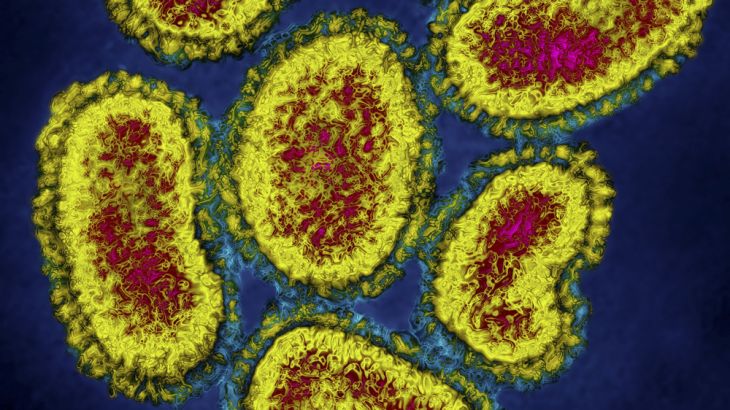
Beyond Ebola: The virus hunters
Scientists are studying the world’s deadliest viruses to find treatments and vaccines for new infectious diseases.
In today’s hyper connected world, viruses can spread faster than ever, but thanks to science some of the worst infectious, microscopic agents like smallpox have been eradicated. Some, like the measles, continue to plague us, and then there are newer ones like Avian bird flu, SARS and Ebola.
“Emerging viruses cause about two thirds of the newly-recognised diseases in the world,” says Ronald Corley, the director of the National Emerging Infectious Diseases Laboratories (NEIDL) where a select group of scientists study the deadliest pathogens on the planet to understand their evolution.
Keep reading
list of 4 itemsCould shipping containers be the answer to Ghana’s housing crisis?
Are Chinese electric vehicles taking over the world?
First pig kidney in a human: Is this the future of transplants?
So who are these virus hunters, and what makes them tick?
TechKnow‘s Lindsay Moran, a former CIA operative and analyst, joins the virus hunters in Boston to head into a biosafety level four lab before it becomes operational. She learns from them why Ebola is not their biggest concern and that the next deadly disease could very well be something we already know about.
The kind of pathogens NEIDL is interested in are those which are “considered exotic” and cause “very high levels of mortality for which we have no thereuptics or vaccines,” says Corley.
To study these agents and to find out how they infiltrate humans, the scientists need to contain them.
We take an in-depth tour of the facility to see how NEIDL is gearing up to contain and study these deadly viruses. The building has one-foot concrete walls and is earthquake resistant. Scientists have to wear special suits and go through comprehensive security background checks. To even get the facility up and running, the outside community requested an exhaustive risk assessment.
Corley believes that the next outbreak is likely to come from animals, from what are known as “spillover viruses.”
We speak to Paul Duprex, the director of cell and tissue imaging, to learn how viruses jump species, from animals to humans. Duprex also studies measles, which he explains is the “most infectious human pathogen on the planet – it beats Ebola, it beats flu.”
TechKnow presenter Shini Somara also heads to Texas Tech University’s National Wind Institute to see how researchers have recreated a tornado so that scientists can better understand how tornados work and how they can make buildings safer.